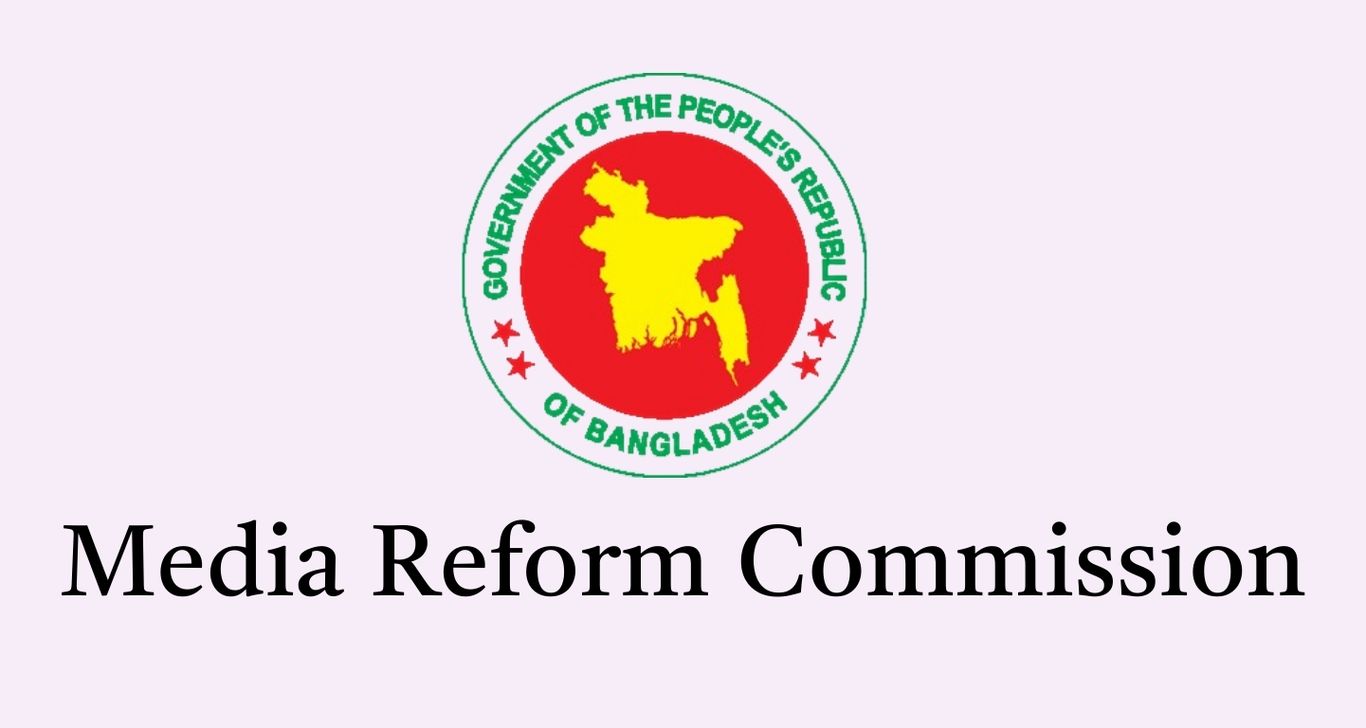News Flash
News Flash

DHAKA, Feb 6, 2025 (BSS) – A national public opinion survey on media has revealed that people rely more on mobile phones than conventional media for getting news.
“Overall, people haven’t lost trust in the media, but interference from political, government and influential persons is seen as a major obstacle in publishing objective news,” said a press release today signed by Mohammad Sayem Hossain, senior information officer of the Media Reforms Commission.
The Bangladesh Bureau of Statistics (BBS) conducted the survey from January 1-7, 2025 in line with the Media Reform Commission formed by the interim government. It sought opinions from 45,000 households, aged over 10 years in 64 districts across of the country. This is the first such comprehensive national survey on media use in the country.
It said the survey conducted mainly to get a picture about the opinion of readers, viewers and listeners about the role of the media in the July Movement.
The survey finding said that although people use to read printed version of the newspapers less, they read online version over mobile phones while they still keep their eyes on the television screen to get information of national disasters or crises.
It said the desire has been expressed in the survey that people want to see the media independent, impartial, free from government and political influence.
However, most respondents believe that Bangladesh Television and Bangladesh Betar should be under government control.
About 73 percent of the participants, while giving their opinions on media, said they do not read printed version of the newspapers. Some 46 percent of them claimed that they do not feel the need to read newspapers.
It was found that 59 percent of respondents read the online version on their mobile phones even though they do not read printed version of newspapers.
As many as 2.5 percent of respondents said they read the online version of newspapers on computers, laptops or tabs.
Overall, 88 percent of respondents said they use mobile phones to follow media. In this case, the rate of computer use for the purpose is 7 percent.
In the case of television, this rate is more than 53 percent. However, 65 percent of the people who participated in the survey said they watch television.
However, the relevance of radio as a medium for having information is at the bottom at present and statistically the condition of radio is more delicate.
The survey said 94 percent do not listen to radio while 54 percent of them do not feel the need to listen to radio.
About 35 percent of the participants mentioned the unavailability of radio sets.
Among social media, 31 percent of respondents keep confidence in the Facebook and 16.5 percent in YouTube for news.
Meanwhile, most of them keep trust in the teachers more than the usual media to learn something or gain knowledge. In this case, teachers are the most trustworthy for 42 percent of respondents as well.